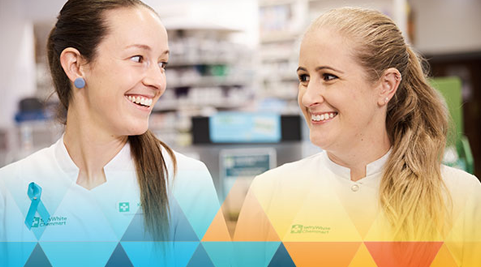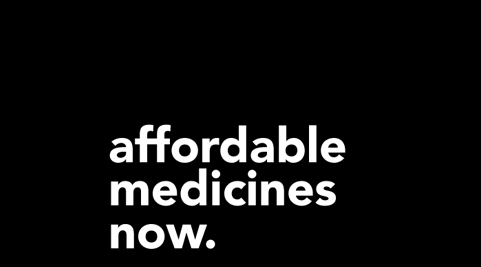Community pharmacist and Tasmanian Branch President of the Pharmacy Guild of Australia, Helen O‘Byrne, commemorates International Women’s Day by looking at critical issue facing women.
There is still a long way to go before women achieve full equality in Australia, but an increasing recognition of the issues they confront is at least providing us with a road map of how to proceed towards that goal.
I have been a pharmacist for 30 years in Launceston and the West Tamar. It is a profession I love, which combines the challenges of running a business with the satisfaction of helping my local community and playing an important role in primary healthcare. It offers a frontline insight into the origin of some of society’s most stubborn social problems. They often begin with the smallest inequities and bias.
Women make up more than 60 per cent of patient visits to community pharmacies, as individuals but also carers for their children or elderly parents.
As the cost of living soars and many individuals and families are noticing the impacts of rising petrol and grocery prices, we are increasingly seeing patients, especially women, making choices about which prescribed medicines they can afford month to month.
Common and life-saving medicine for diabetes, asthma, stroke prevention, ADHD, long-acting contraception, and inflammatory bowel diseases, just to name a few.
Recent independent research commissioned by the Pharmacy Guild of Australia, the community pharmacy peak body, found that in some areas of Tasmania as many as a third of women without a concession card are struggling to afford prescription medicines. More than one in 10 said they had skipped buying medicines over the past three years.
The Pharmaceutical Benefits Scheme is the foundation of our health system, a healthcare system Australia has much to be proud of overall, but with no real universal access to the PBS, cracks will start to show and unnecessary burdens on the system emerge.
On 1 January, the general patient co-payment on the PBS rose to $42.50, doubling since 2000.
As some of the country’s most trusted professionals, I am not alone in experiencing patients, notably female, asking which medicine is more important than the other, or which of their children will be going without.
This is a dangerous trend that will result in worse health down the track. Prescribed medicines are designed to work together to preserve health and ultimately save the lives of patients.
The effectiveness of some medicines is not immediately obvious, but when patients fail to take them over time, they get sicker, fatigued and don’t live their day to day lives to their maximum potential. If this continues over time, patients can often end up in emergency departments, sometimes with irreversible damage to their health.
UTS modelling has found that hospitalisations and loss of productivity due to a failure to take medicines as instructed by medical professionals could cost the federal budget $10.4 billion in a year for hypertension, dyslipidemia and depression conditions alone.
We start down another invisible pathway to poorer population health when families are forced to choose between medicines and healthy food. They seem like small decisions at the time, a saving here or there to help a family get by from week to week, but these choices can amount over the years until we find ourselves trying to manage chronic conditions at a national scale.
This International Women’s Day, I would like to see us recognise the ways in which we can nip disadvantage in the bud and break the bias around access to affordable medicines.
Pharmacy is a profession with a majority female workforce – as of September 2021, 63 per cent of registered pharmacists were women. We are uniquely placed to recognise and raise the alarm on issues which can be addressed before they develop into intractable problems.
It is just one of the many things that pharmacists do as frontline health services workers, who provide an accessible and trusted entry point to primary healthcare. We are easily available and accessible when people need us, and they entrust us with the most intimate information. I in turn, with my pharmacy colleagues around the country, feel a responsibility to speak up for them. Our experience and research tell us that there is a problem and that if we address it now, we help the women who are struggling but also our nation as a whole.
To learn more visit: www.affordablemedicines.com.au


